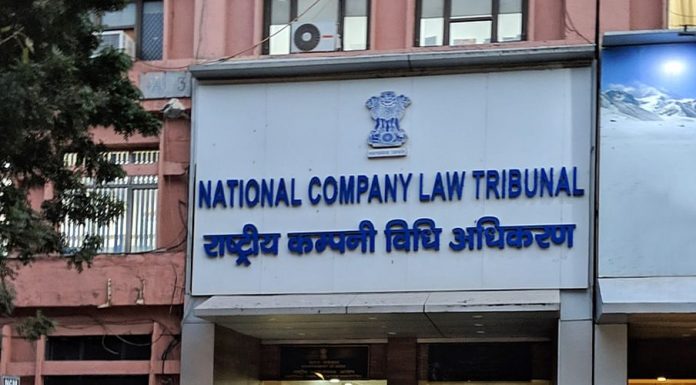The National Company Law Appellate Tribunal (NCLAT) on Thursday stayed an order passed by the Competition Commission of India (CCI) directing WhatsApp LLC not to share data collected on its platforms with Meta company or its products for five years.
The coram of Chairperson Justice Ashok Bhushan and Technical Member Arun Baroka observed that since the platform was free, a five-year ban might collapse its business model.
The Tribunal further stayed the penalty of Rs 213.14 crore subject to WhatsApp/Meta depositing 50 percent of the amount.
CCI had imposed a Rs 213.14 crore penalty on Meta in November 2024, for abusing its dominant position through WhatsApp’s 2021 privacy policy. The regulatory body further issued cease-and-desist orders, requiring Meta and WhatsApp to implement behavioral remedies within a specified timeline.
WhatsApp’s 2021 privacy policy update, which became effective on February 8, 2021, required users to accept expanded data-sharing with Meta as a condition for using the platform. Unlike its 2016 policy, which allowed users to opt out, the 2021 update raised concerns about data privacy and user autonomy, prompting CCI to investigate the alleged violations of the Competition Act, 2002.
The competition regulator held that WhatsApp held a dominant position in India’s smartphone messaging and online display advertising markets. Its 2021 policy’s “take-it-or-leave-it” approach imposed unfair conditions, undermining user autonomy and violating the Competition Act, 2002, it added.
CCI prohibited WhatsApp from sharing user data with Meta or its affiliates for five years. The social media platform was further directed to specify the purposes of data sharing in its privacy policy and link each type of data to its specific use.
The regulatory body also made it compulsory for WhatsApp not to make data sharing a condition for users to access its services in India, with data sharing for advertising purposes being particularly restricted.
Whatsapp moved NCLAT against this order.
On January 16, appearing for Meta, Senior Advocate Kapil Sibal argued that CCI had exceeded its jurisdiction by ruling on WhatsApp’s privacy policy, as the matter was sub-judice before a Constitution Bench of the Supreme Court.
Noting that the issue had broad implications across multiple dimensions, Sibal alleged that CCI interfered with the privacy policy of an entity, despite the matter already being under review by a five-judge Bench of the Supreme Court. He contended that CCI lacked jurisdiction to address it.
Terming the order as one that dismantled WhatsApp’s business model, the Senior Counsel pointed out that India’s data privacy law, set to take effect in mid-2025, would ultimately govern the dispute, rendering the CCI’s order irrelevant.
Representing WhatsApp, Senior Advocate Mukul Rohatgi contended that WhatsApp’s data-sharing practice being scrutinised was neither harmful nor suspicious, but rather routine and benign.
Noting that WhatsApp’s 2021 policy update was merely a continuation of its 2016 policy, Rohatgi contended that the update had been specifically challenged before the Constitution Bench and no stay was granted by the Supreme Court.
Representing CCI, Advocate Samar Bansal argued that the probe conducted by the competition regulator did not overlap with the case in the Supreme Court.
He argued that the data privacy laws focused on personal data, whereas competition laws addressed business-related data. Indian users lacked the option to opt out of the policy, unlike users in Europe, added the lawyer.


